U.S. Tariffs Spark Economic Alarm
The Trump administration has announced a major hike in import tariffs, introducing a base 10% tax on all imports and much higher country-specific rates. China is set to face an effective 54% tariff — far higher than expected. According to Morgan Stanley, the average U.S. tariff rate could now reach 22%, levels last seen during the Smoot-Hawley era of the Great Depression.
Morgan Stanley Warns of Recession
Chief U.S. economist Michael Gapen at Morgan Stanley warns that these new tariffs mark a major policy shift, reversing decades of global trade liberalization. The bank sees serious downside risks to both U.S. and global growth.
> “Tariffs will be much higher and more broadly based than anticipated,” said Gapen.
He also doubts that the tariffs will achieve the administration’s goals of reshaping the U.S. economy. Structural issues like low savings and a rising federal deficit remain key challenges.
Tariffs Could Trigger Inflation and Job Losses
Morgan Stanley forecasts that:
Inflation will rise, especially core PCE inflation through Q3.
Business investment and hiring may slow.
A correction in the stock market could hurt high-income consumers.
Gapen also notes that uncertainty caused by protectionism could drag on growth even more.
> “The space between slow growth and a recession is shrinking fast,” he warned.
China Retaliates with Tariffs and Export Bans
In response, China will impose 34% tariffs on all U.S. goods from April 10. It also banned the export of rare earth minerals like samarium and yttrium, which are vital for tech manufacturing. Additionally, 11 U.S. firms have been blacklisted by Beijing.
This marks a significant escalation in the trade war, with widespread effects on global supply chains and tech markets.
J.P. Morgan Raises U.S. Recession Odds
Following Trump’s tariff move, J.P. Morgan increased its U.S. recession risk estimate from 40% to 60%. The bank expects at least two rate cuts by the Federal Reserve in June and September 2025 to support the economy.
Mixed Market Reactions
Despite economic fears:
Retail investors bought $4.7 billion in stocks on Thursday, April 3— a 10-year high, showing strong retail confidence.
Yet, U.S. stock markets lost $1.5 trillion in value at the open on April 4, reflecting broad investor concern.
Junk bond spreads rose to 401 basis points, the highest since November 2023.
Investment-grade bond spreads widened to 106 basis points, showing growing caution among institutional investors.
Trump Tells Fed to Cut Rates as Powell Warns Tariffs May Hurt Economy
Trump on Truth Social: Fed Chair Powell to cut interest rates and “stop playing politics.”
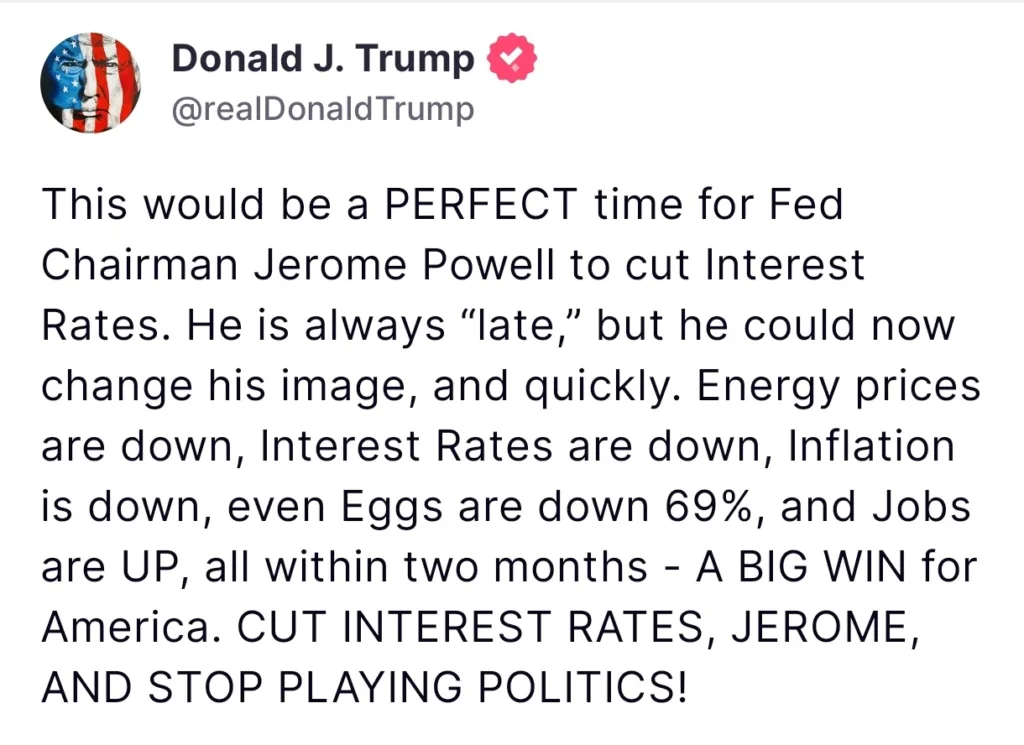
In another speech, Fed Chair Jerome Powell says Trump’s tariffs are larger than expected and could lead to higher inflation and slower economic growth.
Fed Chair Jerome Powell says tariffs are likely to push inflation higher in the coming quarters.
Federal Reserve Chair Jerome Powell emphasized that the Fed is in a good position to wait before making any changes to its policy. He said there’s no rush and the Fed has time to observe the situation more clearly. Powell acknowledged that tariffs are having a bigger economic impact than expected and are likely causing a short-term rise in prices. He noted that while prices may not fall, people are feeling the burden and are right to be unhappy about it.
He also mentioned that the Fed doesn’t have its own forecast for a potential recession, but many outside experts are increasing their recession predictions. Powell warned that the U.S. economy is facing the dual threat of higher unemployment and higher inflation—something that makes the Fed’s job very challenging.
Powell stressed the importance of the Fed being honest with the public, saying people expect transparency and the Fed will deliver that. He also highlighted the need for the central bank to remain independent from political pressure. Finally, Powell made it clear that he intends to serve his full term and sees no need to rush into any decisions.

BBW News Desk is the editorial team of BigBreakingWire, a digital newsroom focused on global finance, markets, geopolitics, trade policy, and macroeconomic developments.
Our editors monitor government decisions, central bank actions, international trade movements, corporate activity, and economic indicators to deliver fast, fact-based reporting for investors, professionals, and informed readers.
The BBW News Desk operates under the editorial standards of BigBreakingWire, prioritizing accuracy, verified information, and timely updates on major global developments.
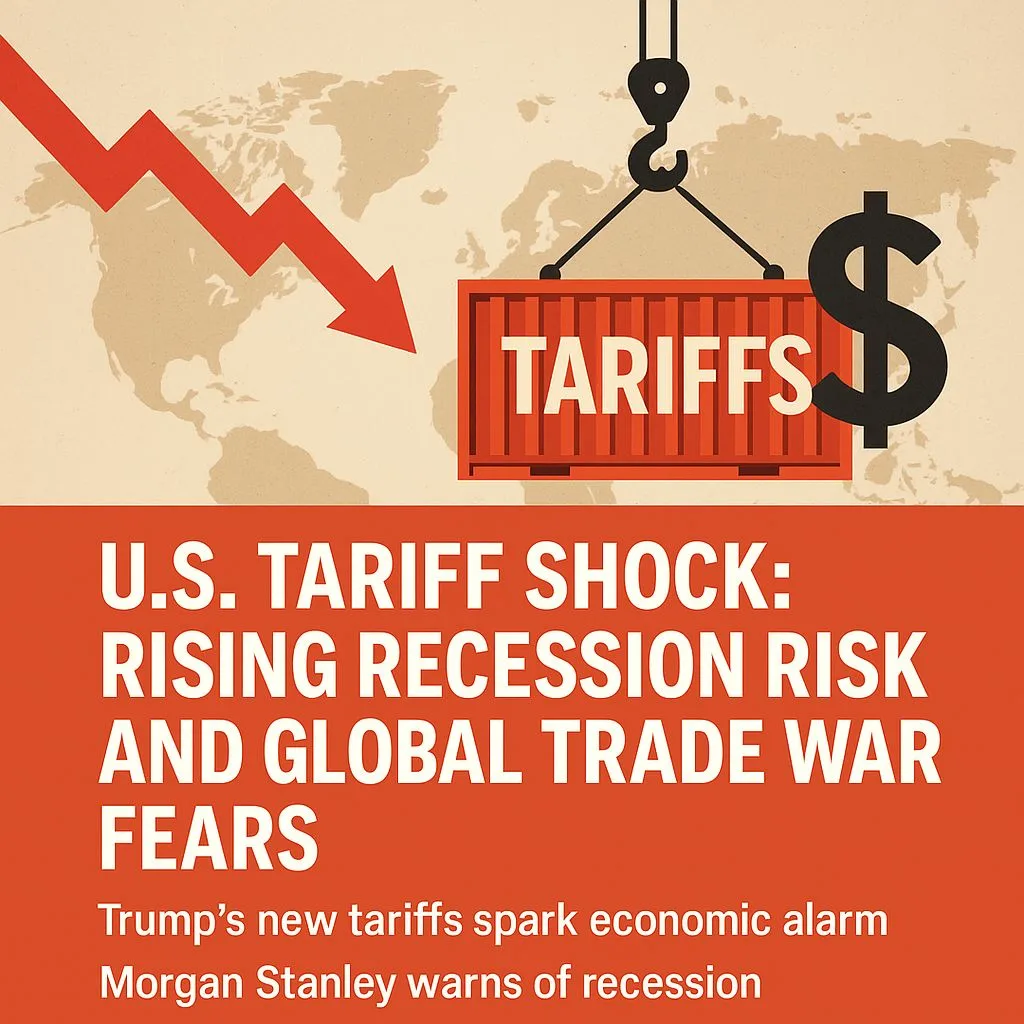









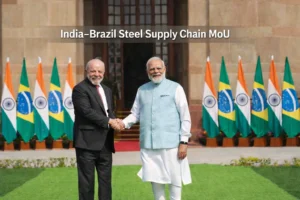
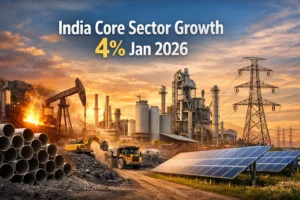

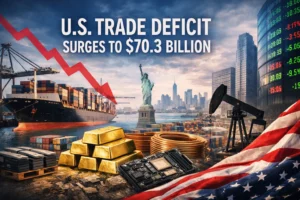

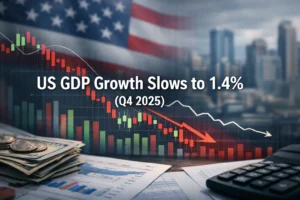
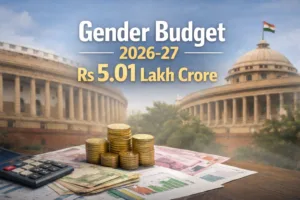

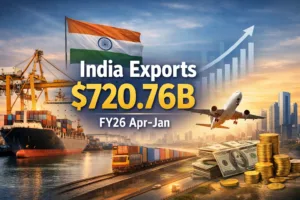




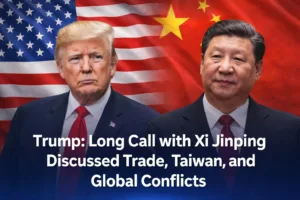
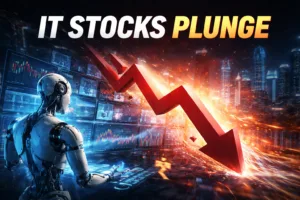


3 Comments